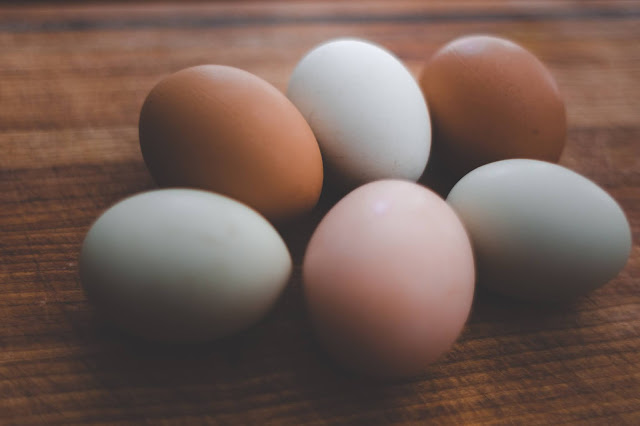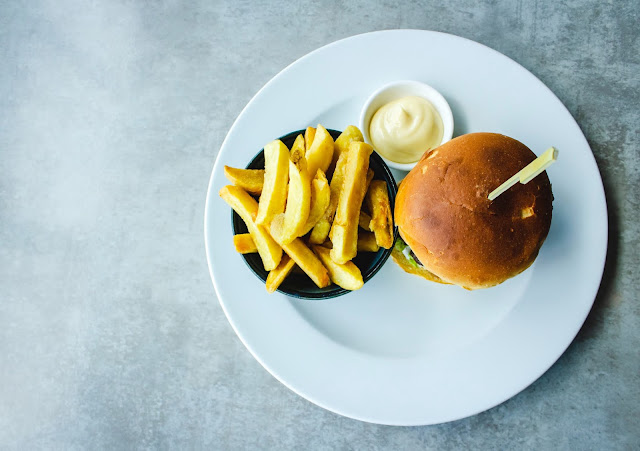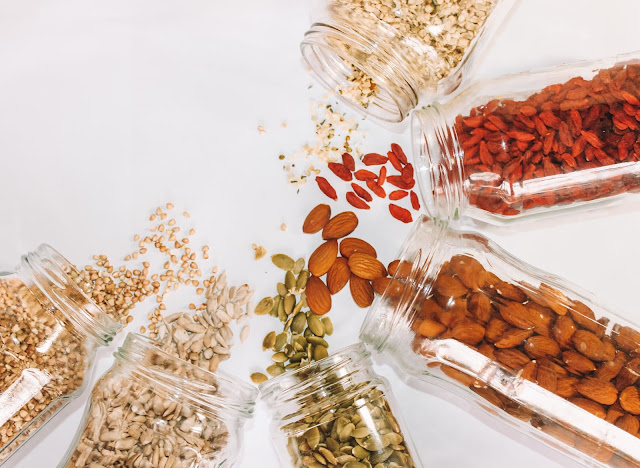What Covid-19 Patients Should Eat?
Corona Virus or Covid-19, the outbreak is upsetting the lives of many families in the whole world. Offices, schools and other centres are close, people finding themselves stuck inside their homes for most of the day. The most problematic situation is dealing with school going kids, parents have to deal with other competing responsibilities. The problem is even more if you have a covid patient at home. Maintaining a distance, supplying food for the covid Patients becomes even more challenging.
Food and nutrition play an important role for Covid-19 patients and those who are recovering. Covid-19 weakens the body and it continues for days even after recovering from the disease. It is important to consume the best diet for speedy and complete recovery. Nutritionists have recommended some food and diet tips based on research, that covid-19 patients have to take.
HYDRATION IS MOST IMPORTANT
We already know the benefits of drinking enough water, and if you are sick then it’s most important to keep your body hydrated. If you have a fever, causing you to sweat out water or having diarrhoea drink plenty of water.
- Water
- Tea with Honey
- Broth
- Juices
- Seltzer
Honey helps in calming a cough. Tea with Honey is comforting for Covid Patients with Cough. You do not need drinks like ORS, but if you are having trouble eating or experiencing diarrhoea or vomiting, it may help. Coconut water, maple water, sports drinks, all can work and fir into that category.
Juices can also provide good nutrients and keep the body hydrated and make it easier to hydrate since they are tasty. It’s very important for Covid Patients and as well as for recovering patients stay hydrated and take plenty of rest.
NUTRITION MATTERS
It is obvious that your body needs a lot of calories and energy to help fight infection. There is not just a single food that helps with flu. There are a lot of foods and nutrients, including proteins, vitamin A, C, D and E and Zinc, that help boost our immune system. A smoothie made with fruit and yoghurt can get calories.
Chicken soup is very helpful for cold, cough and also comforting if you have a respiratory infection. Ginger tea can be helpful if you are having nausea. Eat plenty of food and try to get enough calories. Eating food that helps you feel good is most important.
FOODS TO LIMIT
Stop taking only Liquid, alcohol, if you are a Covid-19 patient or recovering from it. Alcohol dehydrates our body and it also inhibits our immune system. If you are feeling sick, skip the liquor and replace it with something hydrating. Don’t take foods that are hard to digest, like beans and whole grains.
They take more energy to digest and may upset the stomach and GI tract. Go for those foods that are easy to digest. Crunchy and hard foods, spicy food and anything very acidic (lemon and vinegar) may also irritate your throat if you have a soar throat. Avoid as much as you can or depends on your symptoms.
Alcohol is mind-altering and harmful at any level it is consumed. It weakens the immune system. Heavy use of alcohol undermines your body’s ability to cope with infectious diseases like COVID-19. It is recommended that alcohol should be avoided especially in self-quarantine.
It is as well know as a psychoactive substance, alcohol also affects our mental state and decision making and makes us more vulnerable to risks. Its consumptions also increase symptoms like depression, anxiety, fear and panic. Alcohol also makes the medication less effective. It increases the potency and toxicity of other medicines. Consumption of pain medication is less effective and dangerous as well.
Keep some medicine and of course food item always on hand to help you in case you start feeling sick. Buy some shelf-stable or freezer foods like crackers, bread and frozen fruits. It’s hard to predict what you will want to have because everyone is infected differently by the Covid virus. Follow guidance from your local health department, limiting close contact with people outside your home, wearing a mask if you need to go out, washing your hands frequently and cleaning and disinfecting surfaces in your house.
COVID-DIET DOS AND DONT’S
The focus for covid patients should be on food, which would help rebuild muscle, immunity and energy levels back to normal. Whole grains like, oats, ragi are sources of complex carbohydrates. Chicken, eggs, soya, nuts and seeds are good sources of protein.
Healthy fats like walnuts, almonds, olive oil, mustard oil are recommended during these days. Turmeric milk is the best option to boost the immune system and this should be taken once a day. Five servings of all coloured fruits and vegetables are a must to get adequate vitamins and minerals when you are covid positive.
Dark chocolate can be taken as well, which can lift your mood, you can get rid of anxiety and will also boost your immunity. Try to eat soft foods, as most of the covid patients experience loss of smell and taste and they also have difficulty in swallowing. Eat-in small intervals to get energy.
LIMIT YOUR FAT INTAKE
Limit your total fat intake to less than 30% of total energy. opt for cooking methods that require less or no fats. Steaming, grilling can be good options instead of frying. Use olive oil, sunflower oil or rapeseed oil for cooking purposes. Prefer food with unsaturated fats. Like fish, nuts and avoid meat as much as possible, especially red and fatty meats. Avoid trans fats as well. Read nutrition labels to ensure the listed ingredients. Processed foods like, fried food, doughnuts, and baked foods should be avoided.
CONSUME ENOUGH FIBRE
Fiber is good for healthy digestive system and it also offers prolonged feeling of fullness, which can ultimately prevent over eating. Make sure to take enough fiber, include vegetables, fruits, pulses and wholegrain food in meals. Oats, pasta, rice and whole-wheat are best options for fiber. Try to avoid refined grain foods such as white pasta and rice and white bread.
The social distancing associated the COVID-19 outbreak has meant that many families are spending more time at home, which provides new opportunities to share meals together. Family meals are an important opportunity for parents to be role models for healthy eating, and for strengthening family relationships.
(This content including advice provides common information only. It is in no way a substitute for a qualified medical opinion. Always consult a specialist or your own doctor for more information. JOLTYOURBUDS does not claim responsibility for this information.)








Pingback: How to Fight Zoom Fatigue? | Symptoms | Overcome - joltyourbuds